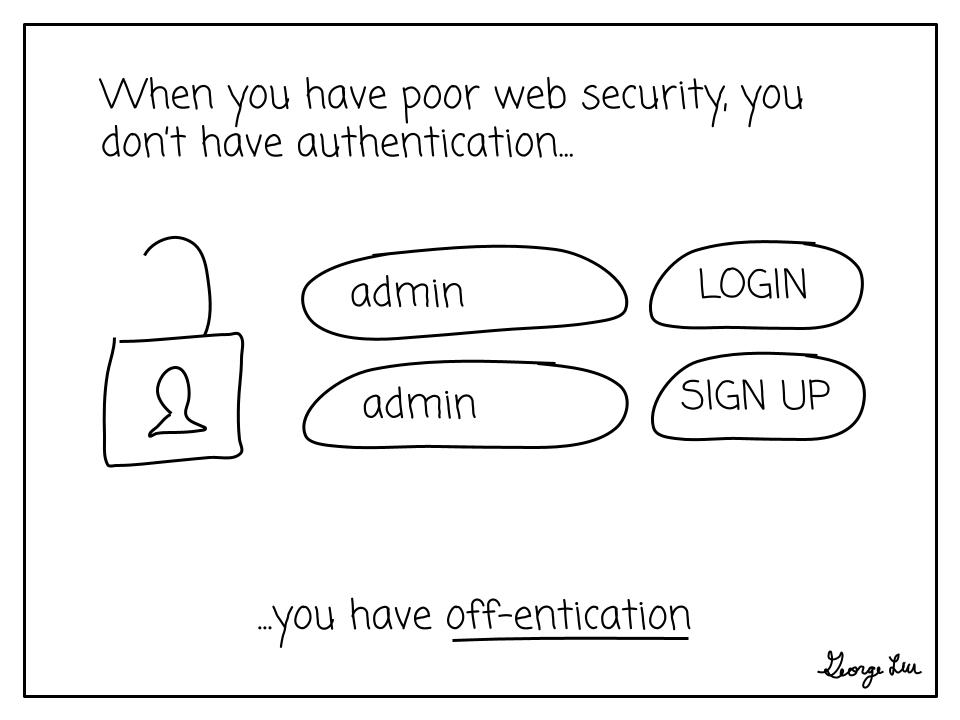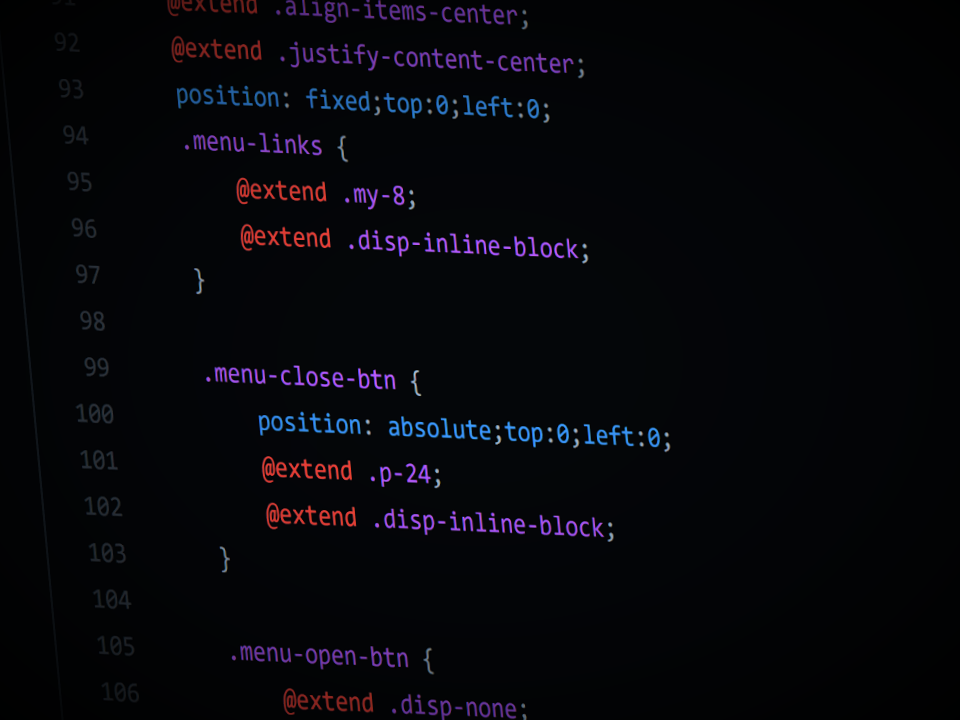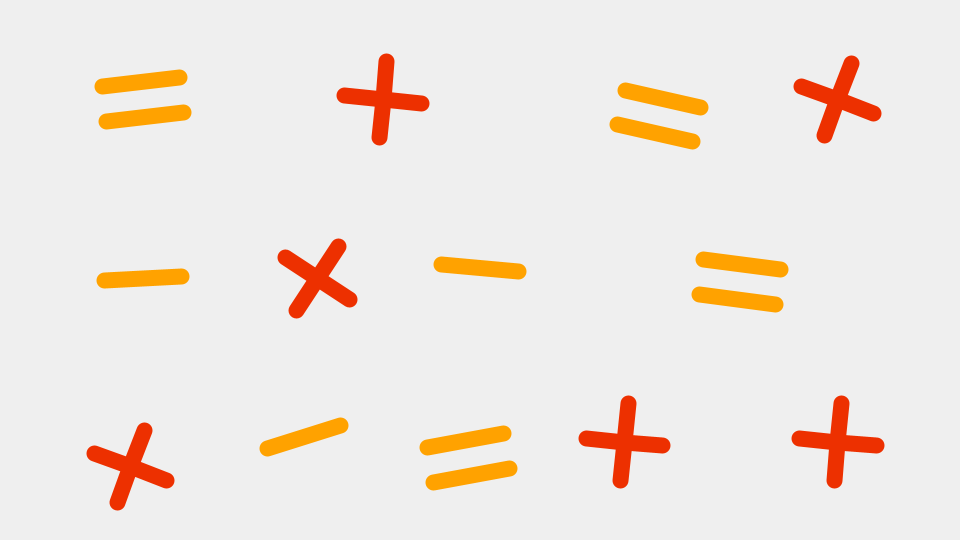
Related posts
Must-reads

Midway Through the Years
Midway changed a lot from its humble beginnings as a simple prototype to the complex extension it is now. Let’s explore how it changed. Check out the latest version of the extension on the Chrome Web Store.

What I learned winning 3rd place at StuyHacks IX: Misconceptions about Hackathons and Tips for Success
I’m often surprised by the grand expectations that younger coders believe is necessary for success at Hackathon events. Here, in no particular order, are some of the most common misconceptions and tips I’ve learned.

Why you should build your own CSS framework and what I learned building one
With the rise in utility-first CSS libraries, I wanted to dive deeper into why that’s the case, and why we I think it’s valuable to re-invent the wheel.

Towards Efficient Multiplication
Recently, I was trying to figure out a way to create my own arbitrary precision floating point arithmetic library. For those of you unaware, floating point simply means numbers are represented in scientific notation and that allows computers to express really large or really small numbers and everything in between. However, one problem of floating point numbers is that they are normally represented with a limited amount of precision.


